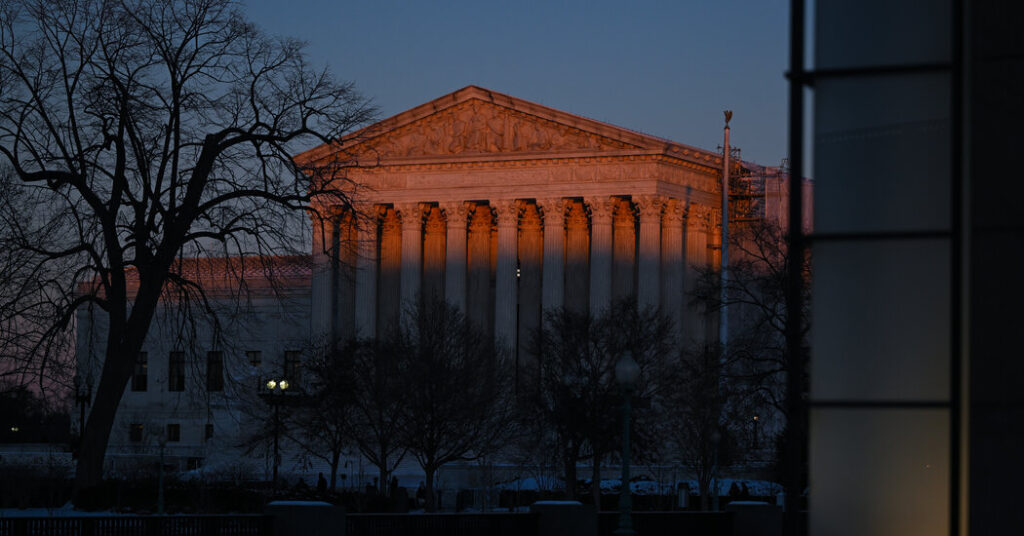The law lists three types of criminal history as criteria for eligibility. The judges were asked to decide whether a person's criminal history alone would disqualify him from receiving a lighter sentence, or whether all three would have to be present to disqualify him.
Like the grammar-focused debate, which primarily focused on what the “and” in the list meant, Justice Kagan's opinion also adopted the tone of an English teacher. The opinion, which also included Chief Justice John G. Roberts Jr., Justice Clarence Thomas, Justice Samuel A. Alito Jr., Justice Brett M. Kavanaugh, and Justice Amy Coney Barrett, included classics from childhood. There were scattered examples of sentence structures taken from.
“Consider this line that you probably half memorized from your childhood: “On Saturday, he had one chocolate cake, one ice cream cone, one pickle, one Swiss cheese, one salami, one lollipop, “I ate a cherry pie, a sausage, a cupcake, and a slice of watermelon,” Justice Kagan wrote, quoting the book “The Very Hungry Caterpillar.”
She wrote that the use of the word “and” means that the caterpillars eat each piece of food.
In a dissenting opinion, Justice Neil M. Gorsuch, joined by Justices Sonia Sotomayor and Ketanji Brown Jackson, emphasized the purpose of the First Step Act. He wrote that the bill promises to “give more individuals the opportunity to avoid one-size-fits-all minimum requirements and instead receive sentences tailored to their specific circumstances and crimes.” .
The case, Pulsifer v. United States, No. 22-340, involved Mark E. Pulsifer, who was accused of selling methamphetamine to a confidential informant on two separate occasions in southwest Iowa.


